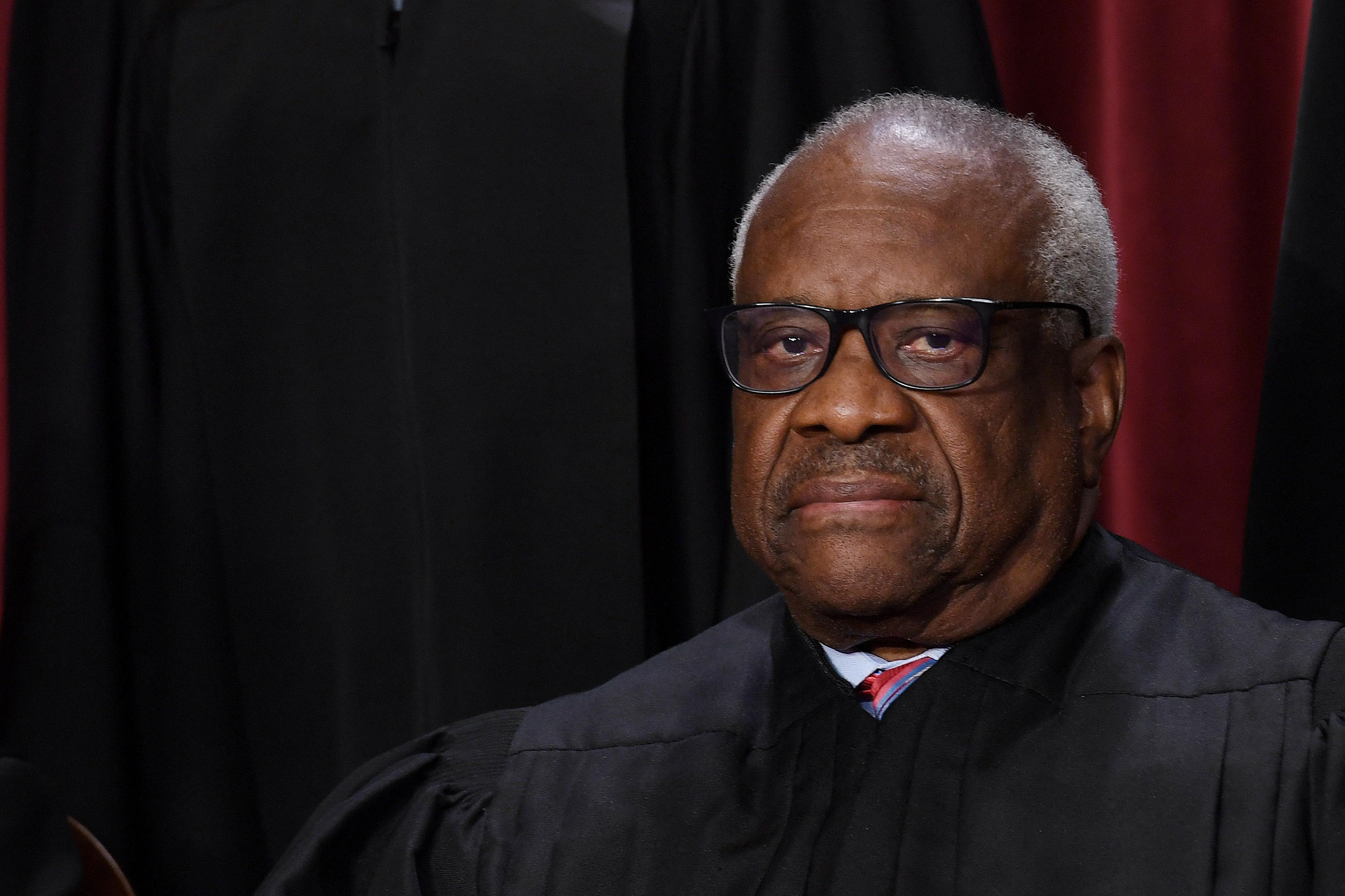Did Justice Thomas fail to pay a hefty tax bill? Or has he simply failed (again) to comply with his ethical obligations to disclose gifts?
One of the trials of teaching tax law is the need to write a new exam every semester. But sometimes the real world sends you an exam question. In this case, that question comes courtesy of Supreme Court Justice Clarence Thomas and his fancy RV. Or, more precisely, from the loan he received from his friend Anthony Welters to purchase the luxury vehicle. According to the New York Times, Thomas borrowed around $267,000 in 1999. At some point, after Thomas had made some interest payments and perhaps paid down some principal, Welters canceled the debt, according to a new Senate Finance Committee report. (A lawyer for Thomas denied the report, saying that the justice and his wife “made all payments to Mr. Welters on a regular basis until the terms of the agreement were satisfied in full.”) Relying on the report, a number of folks, including members of the committee, have pointed out that the alleged debt forgiveness creates something called cancellation of debt income, and they are wondering whether Thomas reported this income and paid tax on it. If he did, he’s in the clear. But if he didn’t, the question arises: Is Thomas, whose ethical standards and disclosures have come into question following a series of reports on gifts and travel from his various well-heeled friends, also a tax dodger? In this case, the tax and ethical questions are intricately intertwined.
The general tax rule is that people have no income and owe no tax when they borrow money. This makes sense. Although they may be in possession of the loan proceeds, they have a corresponding obligation to pay it back and are no better off from a net-worth standpoint.
But what happens if the loan gets canceled? The theory under which the loan was initially excluded from income is no longer true. One could go back in time and include the loan proceeds in income for that year, but that solution isn’t practical. The loan could have been made years ago, and the return was accurate when filed. Alternatively, one could simply include the canceled debt in income the year the debt is canceled. This is precisely what the law requires, and why Thomas, if the Senate committee report is right, appears to be in hot water.
Historically, including canceled debt in income was a hard sell. Most people who have their debt canceled are in difficult financial straits and have typically lost money. It seems mean-spirited to tax them on phantom income when they’ve already spent (and typically lost) the loan proceeds. Debt relief in those cases simply acknowledges the sad reality that they can’t pay back the loans. Thomas’ situation is a little different. He still has the RV. And although he may not earn as much as he’d like, he’s not fallen on hard times. Regardless, canceled debt is now includible in income except in rare circumstances that do not appear to be present here.
So, has Thomas been caught dead to rights? Not necessarily.
One of the things I teach my students is that not everything is as it initially appears. When Welters canceled the debt, it certainly looks as if the amount forgiven should be considered cancellation of debt income and subject to tax. But Welters and Thomas are friends. Just as Welters could have made a gift to Thomas at the start, canceling the debt can be considered an after-the-fact gift. Gifts are excluded from income, so there is no tax consequence for Thomas (though Welters might need to file a gift tax return). The justice is off the hook! Or is he?
Unfortunately for Thomas, as a justice, he is subject to disclosure obligations that include things like the receipt of $250,000 gifts. Thus, assuming he did not report the CODI and pay tax on it, the argument for not doing so—that the cancellation was in the nature of a gift and therefore not income—creates a legal obligation to disclose the gift, and it does not appear he did.
Or maybe Thomas did in fact pay off the loan, as his lawyer says, eliminating the possibility of both CODI and an unreported gift. That would put him in the clear, but I still have a great exam question.
